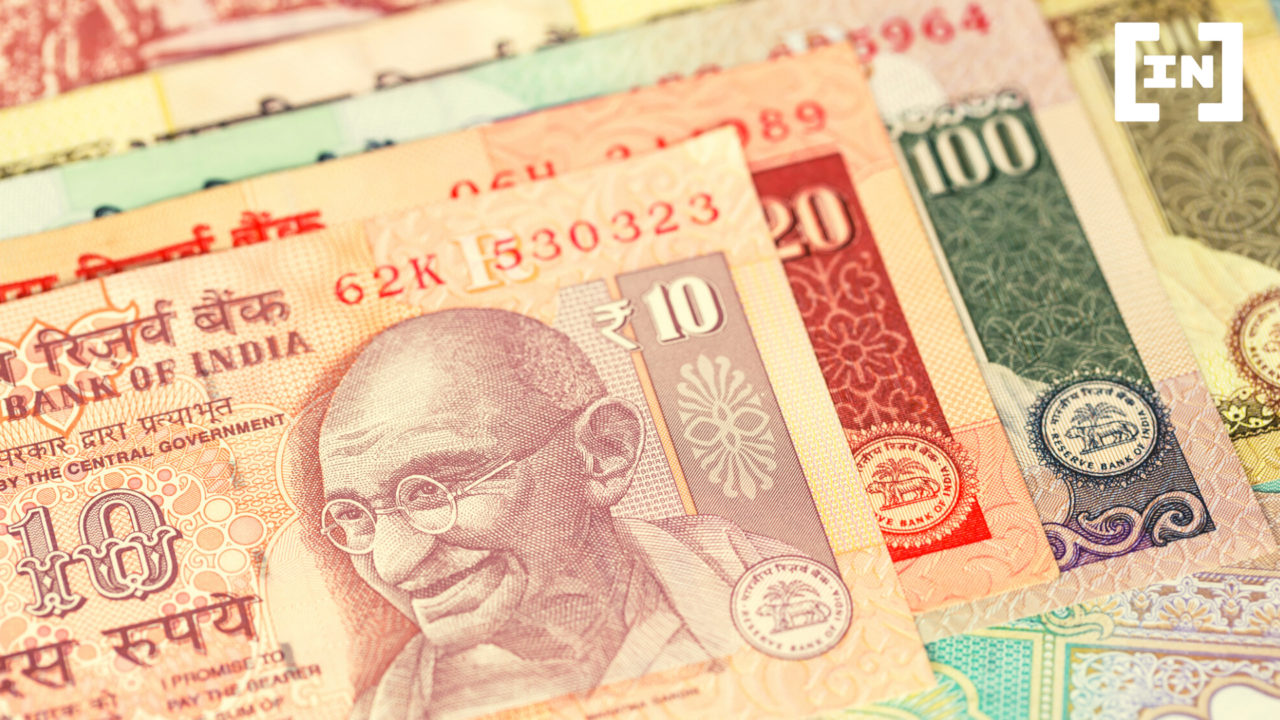India Says ‘No’ to Cryptocurrency; Launches CBDC Instead

India’s central bank, the Reserve Bank of India (RBI), has dismissed all speculations that the government plans to issue a cryptocurrency that would be regulated by RBI, instead looking to CBDC as a digital equivalent to the rupee.
Indian State Minister in the Ministry of Finance Pankaj Chaudhary made the statement in reply to a direct inquiry from Rajya Sabha, India’s upper house of parliament, about the central bank’s RBI Cryptocurrency project.
When asked by Rajya Sabha member Sanjay Singh about “whether it is a fact that [the] government is planning to introduce a cryptocurrency that would be regulated by the Reserve Bank of India,” Chaudhary responded, “no sir.”
However, he did point to India’s planned central bank digital currency (CBDC), a digital representation of traditional paper currency – in this case, the rupee.
Could CBDC change India’s digital economy?
Last week, finance minister Nirmala Sitharaman told participants in the India Global Forum event that the RBI would launch a CBDC within the year, following consultation with the government.
She said the digital rupee offers several advantages:
“In this day and age, bulk payments happening between countries, large transactions between institutions, large transactions between central banks themselves of each country are all better enabled with a digital currency. Therefore we think the RBI would be looking to see how best they can come out with it.”
During the legislative hearing, Chaudhary answered in the affirmative when further asked by Singh if the administration is aware that digital assets “are unregulated and free from government intervention.”
“Currently, cryptocurrencies are unregulated in India,” the official told members of parliament.
Singh also asked the Minister to provide details about the CBDC and its planned release this year, speaking to the difference between the RBI digital currency and traditional paper currency:
“RBI does not issue a cryptocurrency. Traditional paper currency is a legal tender and is issued by RBI in terms of provisions of the RBI Act, 1994. A digital version of traditional paper currency is called central bank digital currency (CBDC),” Minister Chaudhary replied.
Cryptocurrency remains unregulated
On Wednesday, Indian crypto proponents asked members of the parliament to provide clarity on the proposed crypto bill after the passage of the legislation was delayed twice.
India is proposing a 30% tax on the proceeds from the sale of cryptocurrencies and other digital assets on Feb. 1, 2022. Additionally, a source-based tax (TDS) on payments made to transfer digital assets at 1% was introduced.
What do you think about this subject? Write to us and tell us!
Disclaimer
All the information contained on our website is published in good faith and for general information purposes only. Any action the reader takes upon the information found on our website is strictly at their own risk.



